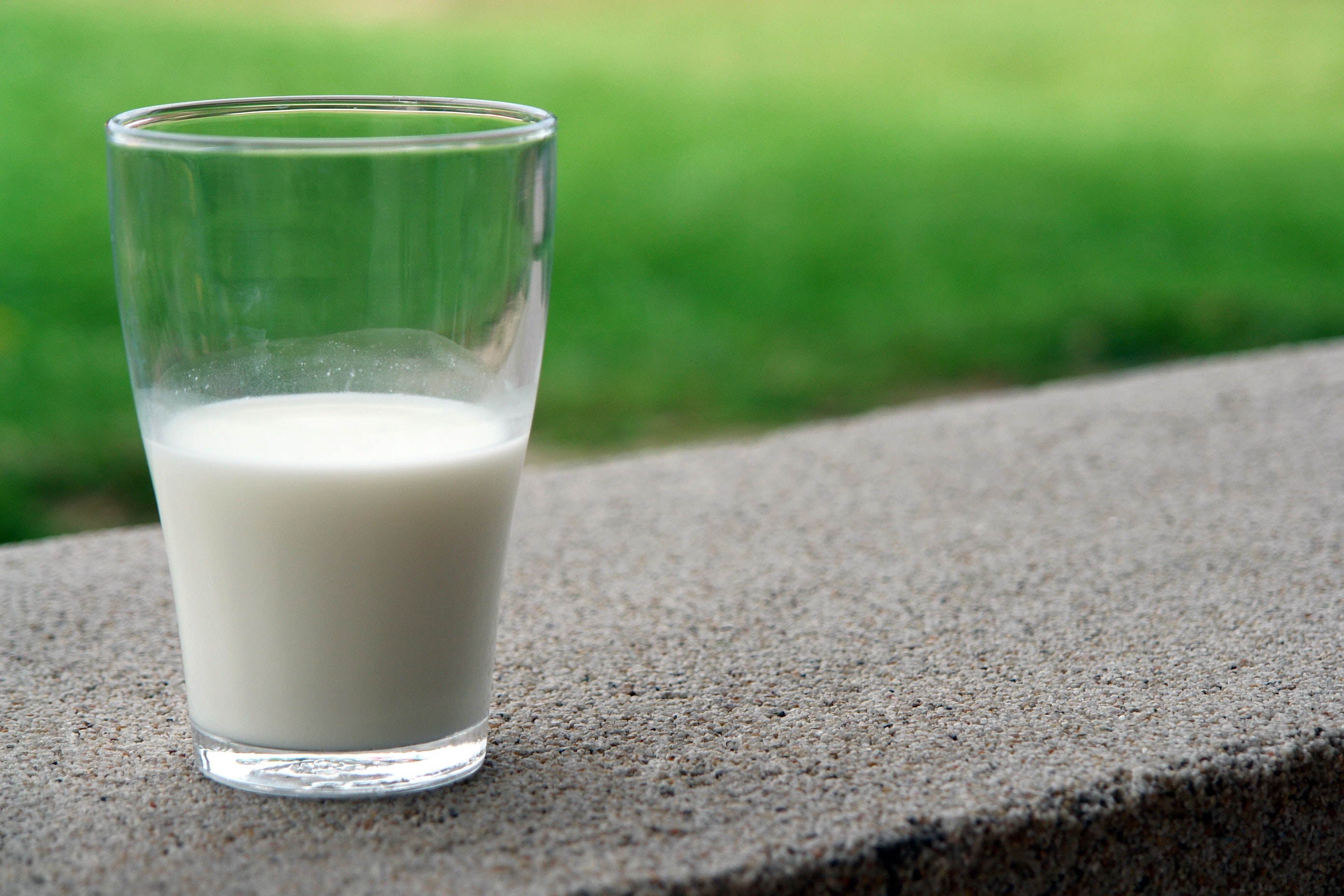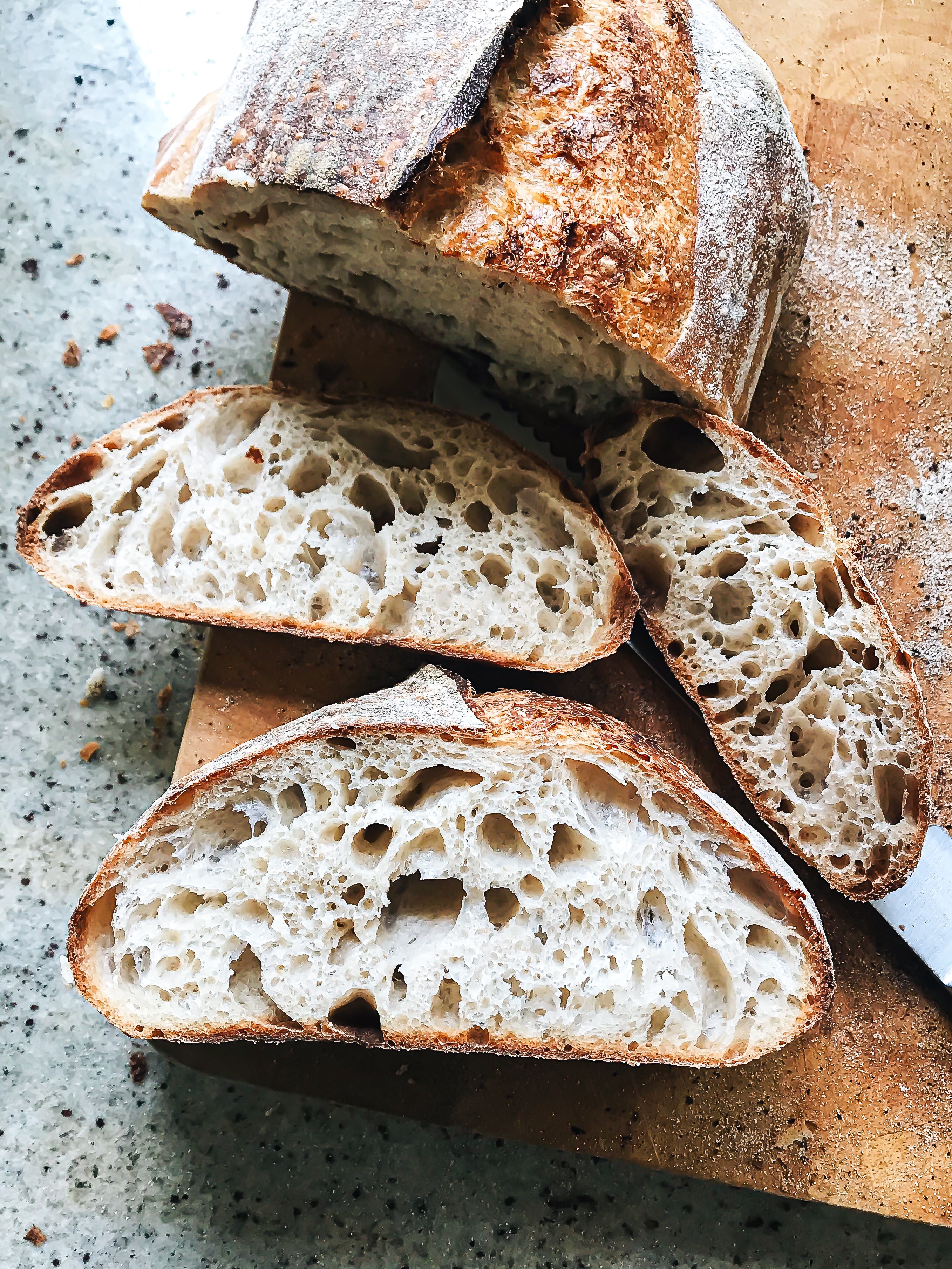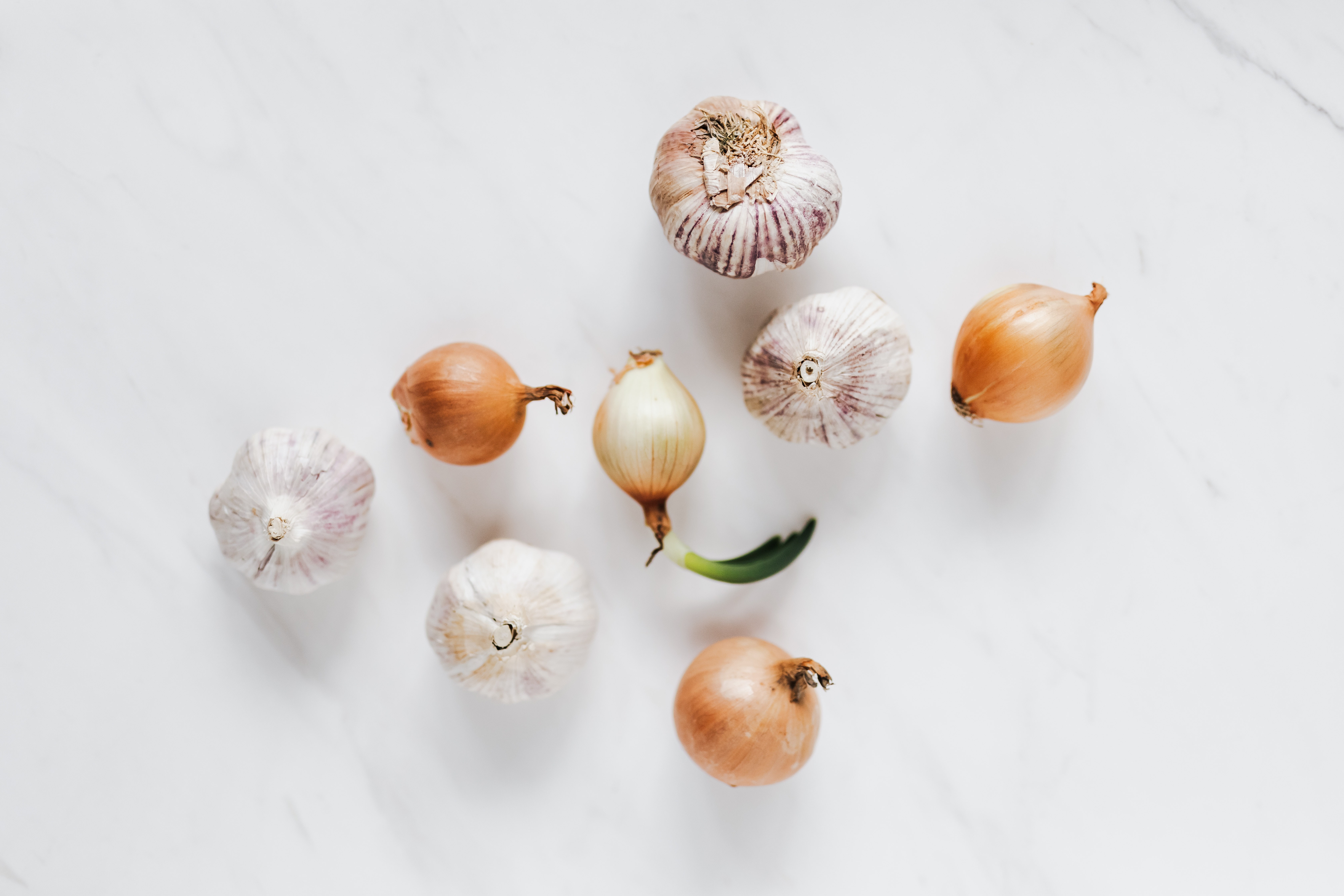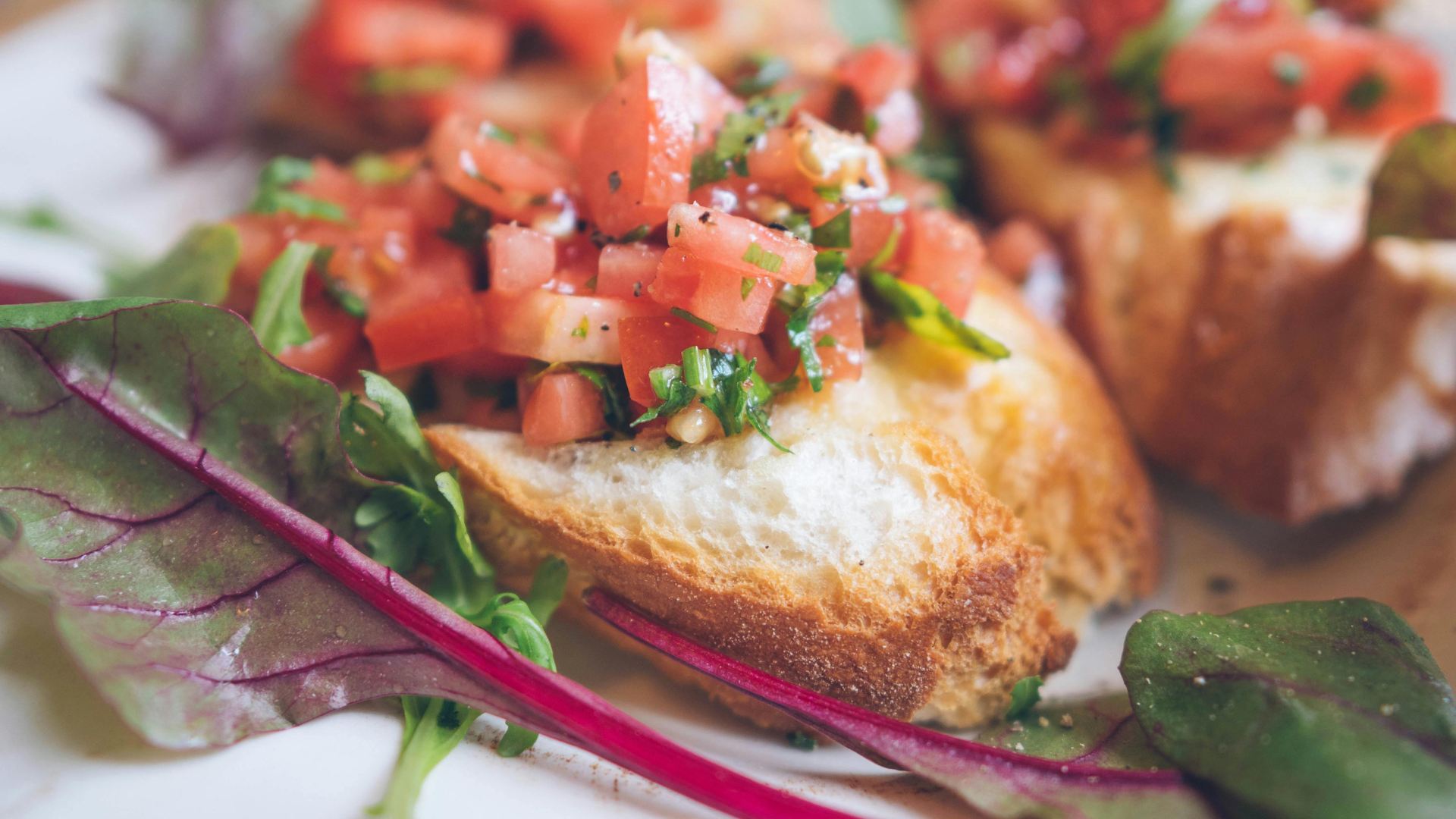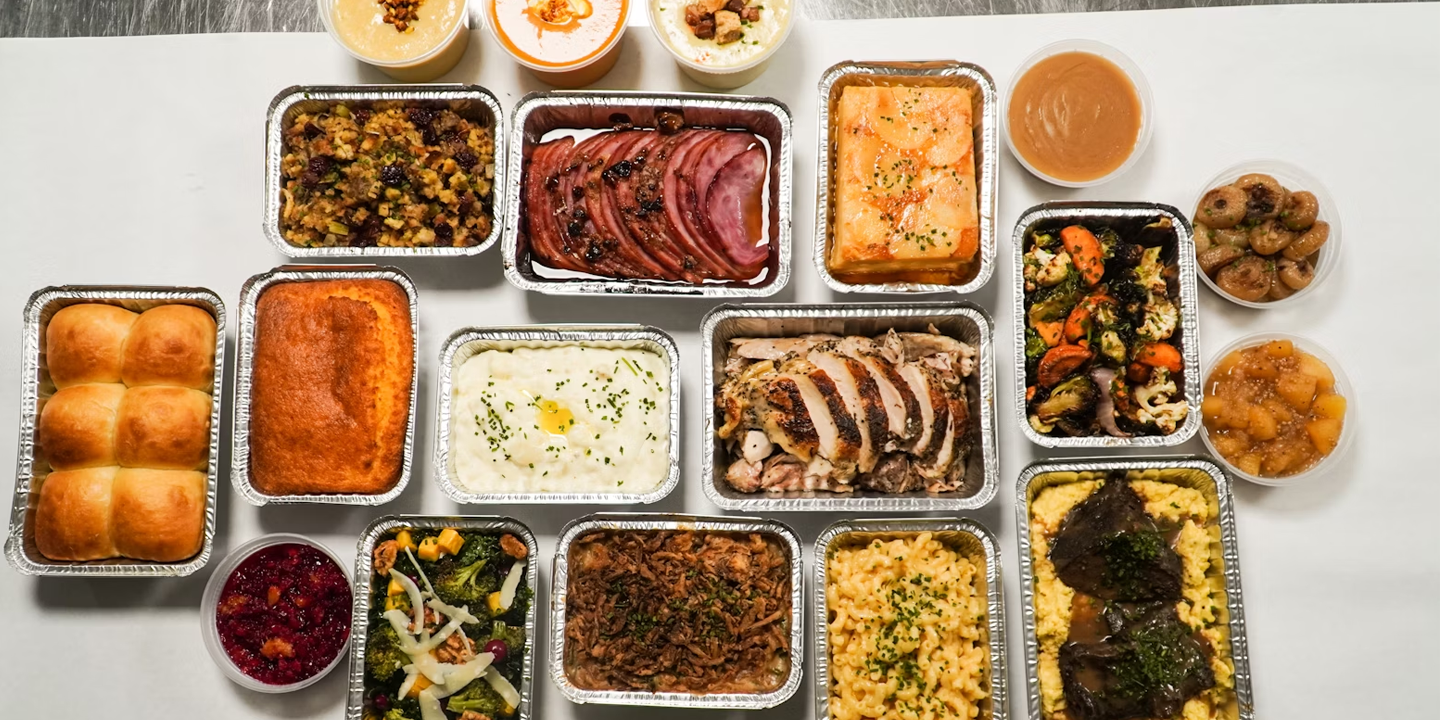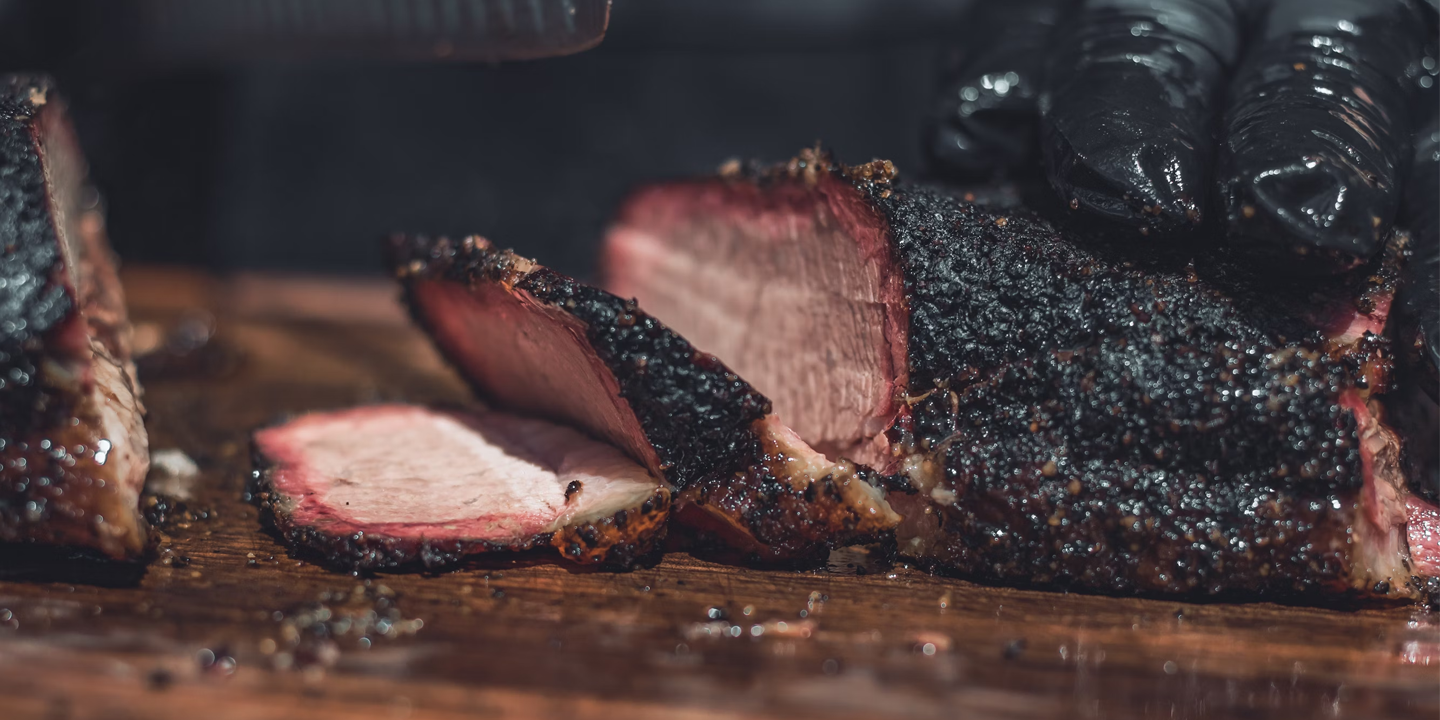With our lives becoming increasingly fast-paced and stressful, it may be hard to pay attention to what you’re ingesting on a daily basis. Because of this, many of us have to deal with Irritable Bowel Syndrome (IBS). IBS is a chronic condition marked by recurring bouts of abdominal pain and irregular bowel habits. While the exact cause can be difficult to identify, certain foods can trigger symptoms. In this culinary quest, we'll uncover five prime suspects hiding in your pantry that could be stirring up trouble in your gut.
1. The Dairy Dilemma
Everyone craves that melted slice of cheese on a burger or a late-night hankering for ice cream, but your gut might not want it. Lactose, a sugar found in dairy products, has been singled out as a prime trigger for IBS symptoms. As many people lack the necessary enzyme (lactase) to properly digest lactose, this can lead to bloating, gas, and diarrhea. Opt for lactose-free alternatives or other non-dairy milk such as almond, soy, or oat.
2. The Gluten Grapple
Picture this: the smell of freshly baked bread wafting from the oven, how irresistible! But if you have IBS, this could be a trap. Gluten, a protein in wheat, barley, and rye, can cause digestive discomfort for some who suffer from IBS. While not everyone with IBS is gluten intolerant, a reduction may still ease symptoms for some.
3. The FODMAP Fumble
FODMAPs, an acronym that stands for Fermentable Oligosaccharides, Disaccharides, Monosaccharides, and Polyols, refer to a group of carbohydrates that can cause digestion issues. High-FODMAP foods, including onions, garlic, apples, and beans, are potential triggers of IBS symptoms due to their fermentation in the large intestine. A low-FODMAP diet, guided by a registered dietitian, can potentially be a game changer.
4. The Caffeine Clash
Coffee: the sacred morning ritual, the reviver of the weary.
But when it comes to IBS, caffeine can be a double-edged sword. It's a known stimulant for the digestive system, meaning it can accelerate digestion and induce symptoms such as diarrhea. If you notice a link between your morning cup of joe and ensuing discomfort, consider switching to decaf or herbal tea.
5. The Alcohol Argument
Whether it's a glass of wine to unwind after a long day, or a cold beer on a hot afternoon, alcohol forms a part of many social occasions. However, alcohol can disrupt normal gut function, leading to diarrhea or constipation. The key lies in moderation. Understanding your tolerance and choosing less irritating alcoholic beverages like pure spirits may help you enjoy the night and not regret it in the morning.
Navigating the world of food with IBS may seem daunting, but the right knowledge can make all the difference. Remember, everyone's body responds differently, so it's crucial to listen to your body, take note of your triggers, and seek professional advice on a dietary plan that works best for you.


